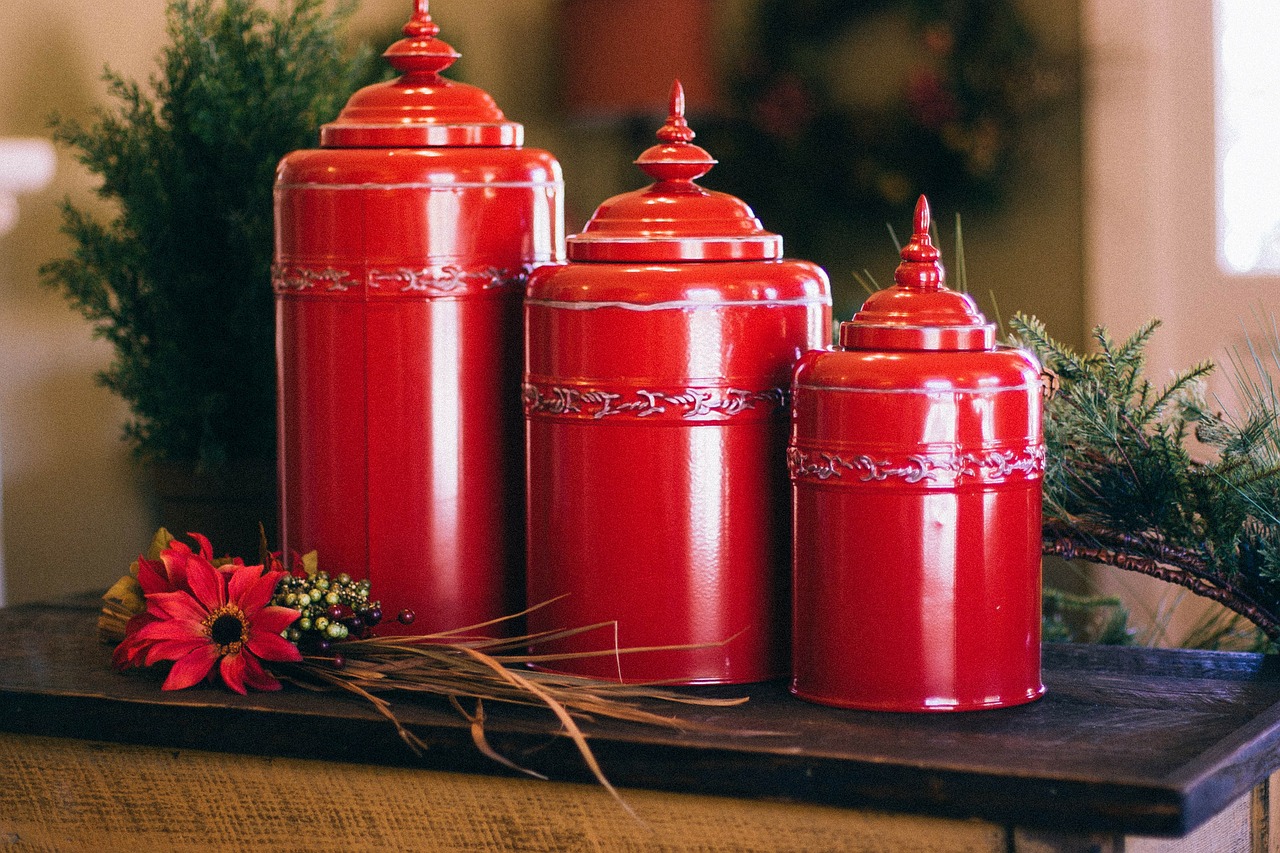
The popularity of cremation continues to rise in the United States. According to the Cremation Association of North America, the cremation rate in the United States continued its rise in 2015 with 48.6% of all families choosing cremation over a traditional burial.
Cost is certainly one reason for the shift, but it's not the only one. Some families are looking for a more personal and creative ways to memorialize their loved one. Some choose cremation to honor religious or cultural traditions while others prefer the flexibility of being able to travel with ashes or hold a service at a later time.
Despite the increased popularity, many families are not aware that different cremation providers offer different services. If you're considering cremation, it's important to do your research to find the best option for you.
What is cremation?
Cremation is a multi-step process using intense heat to reduce human remains to ashes.
Before the process begins, any items that the family does not wish to have cremated with the body, such as jewelry, are removed. If the deceased has a medical device like a pacemaker, it will also be removed.
Once the entire cremation process is completed, the ashes are placed in a container that will be returned to the family.
Families have the option of providing their own urn or selecting another container for transport or display.
What are the rules for scattering ashes?
Ashes may be scattered anywhere that you have permission to do so. No permission is needed for your own property, but it is best to ask at other locations as some private institutions have rules against it and some localities may require a permit for public places like parks.
If you are scattering ashes in water, you must do so at least three nautical miles from shore, and the water must be at least 600 feet deep. Some areas may have stronger requirements. For example, Florida requires the water to be at least 1,800 feet deep. When scattering in water, you may wish to scatter flowers along with the ashes so you can see them spread across the water. Everything thrown with the ashes must be able to decompose.
How to choose a cremation provider.
The most important thing you should do when selecting a cremation provider is to check out the cremation facility yourself.
"Families should ask to see the cremation providers facilities, if not in person, then definitely pictures," advises Richard McFillin of the Delaware Valley Cremation Center. "This is very important because cremation is not regulated at all by any government agencies, only by the consumer. The lack of regulation is not a bad thing, it is just that the consumer needs to know that there are good cremation providers as well as bad ones. If the cremation provider does not allow you to come visit or does not have any pictures, this should raise a red flag and the consumer should look elsewhere."
He continues, "If more people were educated about cremation it would make cremation providers produce a much higher quality of service. From the facilities that they provide all the way to how they handle a family's loved one. This is why we go around and give presentations and invite people to our facility so that we can help shed some light on cremation."
How much does cremation cost?
Cremation costs typically range from $2000-$4000 if arranged by a funeral home and $1500-$3000 if arranged directly with a cremation provider.
"People do not realize that they can have full services with cremation," says Richard. "People too often think that once someone is cremated they cannot have any other services, when the reality is, people can have full viewings and then be cremated. Or, be cremated and then have a full service. The possibilities are pretty much limitless, and this is also a reason for its popularity."
The Federal Trade Commission established The Funeral Rule in the 1980s to protect the rights of the bereaved. You have the right to select and pay for only the goods and services you want or need and to perform a price comparison across cremation providers and funeral homes.
For additional information on cremation, visit www.cremationassociation.org.
Crossroads Hospice & Palliative Care provides complimentary Grief Recovery Groups in all the areas we serve. Please call one of our bereavement coordinators at 1-888-564-3405 if you are struggling with the loss of a loved one.
Read more: After Death: What Happens Next?
If you found this information helpful, please share it with your network and community.
Copyright © 2016 Crossroads Hospice & Palliative Care. All rights reserved.
